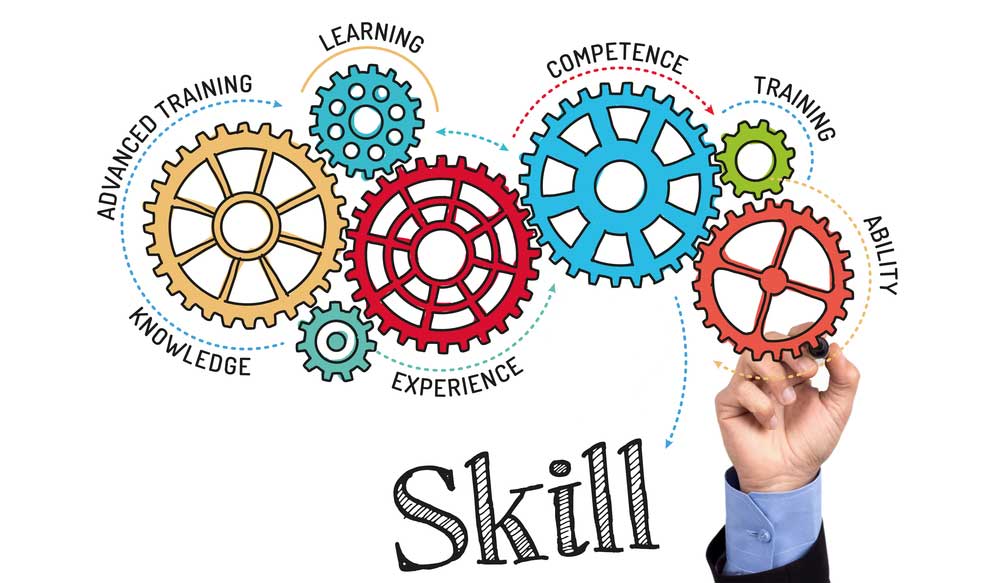

Reskilling is a constant journey of learning! This is an era of automation, where technology is constantly advancing and industries demand a workforce equipped with apt skill sets who can navigate the organizations of the future. The kind of skills industries require will change, with profound implications for the career paths individuals will need to pursue.
Digital disruptions like AI, automation, etc. are changing the very landscape of employment and employability in modern times. The organizations should encourage their employees to have a pro-active approach to learn new skills and technologies.
According to a recent McKinsey Global Institute report, ‘Jobs lost, jobs gained: Workforce transitions in a time of automation’, by 2030 around 375 million workers may need to switch occupational categories as automation, and advances in artificial intelligence will significantly impact the world of work. And if you’re not able to cope with the changing technology, you won’t be able to survive in a constantly evolving corporate world.
New technologies and methodologies are constantly being introduced as it allows industries to earn good profits by producing more. Now by just using fewer resources, work can be done more efficiently, hence no industry remains stagnant.
A study by FICCI-Nasscom & EY revealed that 9 percent of the country’s 600 million estimated workforces would be in new jobs that do not even exist today, while 37 percent would be working in jobs that have extensively changed skill sets. The advent of new technology is poised to have a significant impact on the way we live and work. It is imperative for youth to learn additional skills after completing the education so that they can use newly introduced technologies. And one who hasn’t skilled oneself has a skill set which is nearly obsolete.
By 2020, almost 60 percent of India’s population of 1.3 billion will be in the working-age group of 15-59 years. New technologies in waste management, agricultural, healthcare, IT and other industries are likely to impact the jobs of the workforce. Thus, skilling and reskilling youth for the workplace of the future is important so that they have expertise in cutting edge technologies. The workforce who have mastered the older technologies must re-skill themselves to remain employable in the respective industry and find greater success.
Recent Comments